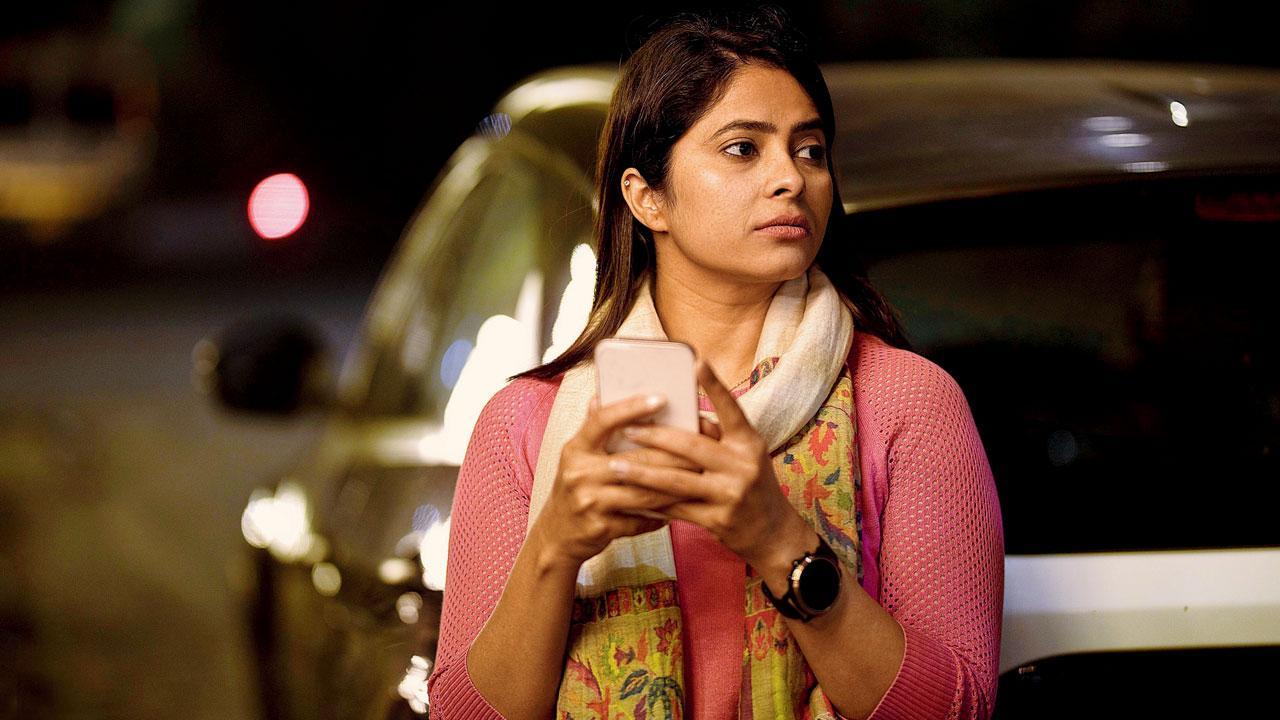We shouldn’t let a few thousand tourists ruin a country’s image just because they had some bad luck

If the government doesn’t do more to counter what people are saying about Indian men on social media, more people around the world may realise how unsafe India is for women. Representation Pic
 I am a huge supporter of the chairperson of National Commission for Women. I had no idea we had one until a few weeks ago, and most women I know were surprised that the post existed too, but I’m glad it does. I believe the choice of candidate was the right one because the woman in question comes across as someone deeply committed to upholding the government’s stellar image. She also shares a few comments about safety now and again, which shows how she genuinely cares. I can’t speak for women of course but, as a man, I felt a deep sense of relief that we had a commission in place.
I am a huge supporter of the chairperson of National Commission for Women. I had no idea we had one until a few weeks ago, and most women I know were surprised that the post existed too, but I’m glad it does. I believe the choice of candidate was the right one because the woman in question comes across as someone deeply committed to upholding the government’s stellar image. She also shares a few comments about safety now and again, which shows how she genuinely cares. I can’t speak for women of course but, as a man, I felt a deep sense of relief that we had a commission in place.
ADVERTISEMENT
I believe the chairperson must have topped a long list of supremely qualified candidates. After all, we know this is a government that only chooses from the cream of every crop. She must have topped an examination of some sort. It serves as a constant reminder to us all that we finally have a government—arguably the first one since India came into being—that takes the health and safety of women seriously. It’s why things have never been better for Indian women, and we should inform them of this more often, possibly via full-page newspaper advertisements.
The respected chairperson in question came to my attention after she, quite rightly, asked a foreign journalist not to malign a whole country as unsafe for women. For those possibly distracted by more important issues over the past month (tacky wedding celebrations in Gujarat, for instance), the journalist was reacting to reports of a Spanish tourist on a motorbike trip with her husband, who was sexually assaulted in Jharkhand. The journalist wrote about the assault on social media, and added a few things unheard of in India, such as sexual aggression being a real problem. He mentioned that he had never met a female traveller who had not been groped or assaulted even if they had only been in the country for a few days.
Naturally, the honourable chairperson of National Commission for Women pointed out that just because a few thousand women were harassed or assaulted all the time, it didn’t necessarily mean the country had a problem. She got right to the heart of the issue, which was perception management.
I applauded her sentiment because I have always believed that India has a bad reputation when it comes to how we treat women. Just because millions of Indian men are raised to think of women as commodities, and just because most Indian women don’t feel safe walking down the country’s streets by themselves after sunset, doesn’t mean a foreign journalist can call this out with a generalised statement. Luckily, the police had already swung into action by then, asking the woman who had been assaulted to take down her own social media post. It’s sad that prompt actions like these are never shared by those critical of how the police treat complaints by women. They move very quickly when they have to, and don’t get the credit they sometimes deserve. That must change.
What this all boils down to, in my humble opinion, is a case of poor public relations. If the government doesn’t do more to counter what people are saying about Indian men on social media, more people around the world may realise how unsafe India is for women, and that can’t be good for anyone. What if outsiders find out, for instance, that some of our highest-ranking politicians have been charged with assaults against women, or that some of them have been accused of abandoning their wives? Revelations like these should be nipped in the bud, which is why I support the chairperson of National Commission for Women’s comments. Denial is obviously a huge part of her job’s Key Responsibility Areas, and she performs magnificently. I hope she gets a promotion and won’t be surprised if she were to become our next minister in charge of women and child development. And yes, apparently, we have one of those departments too. Some day, I also hope to find out what it does.
The problem lies with female tourists who don’t read the fine print when it comes to travelling in India. They don’t do enough research on the sexually repressed Indian male and are promptly outraged when things don’t go according to plan for them. They don’t read the news or ask why even female wrestlers in India feel unsafe, let alone women who don’t do much weight-training.
When he isn’t ranting about all things Mumbai, Lindsay Pereira can be almost sweet. He tweets @lindsaypereira
Send your feedback to mailbag@mid-day.com
The views expressed in this column are the individual’s and don’t represent those of the paper.
 Subscribe today by clicking the link and stay updated with the latest news!" Click here!
Subscribe today by clicking the link and stay updated with the latest news!" Click here!







